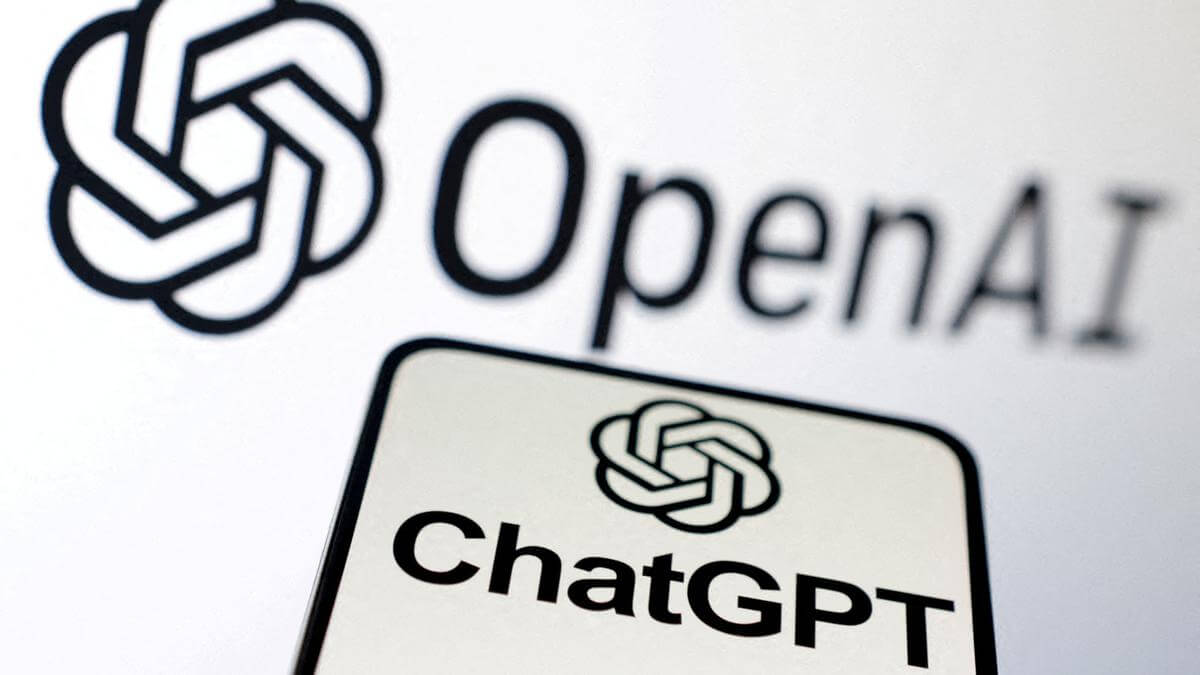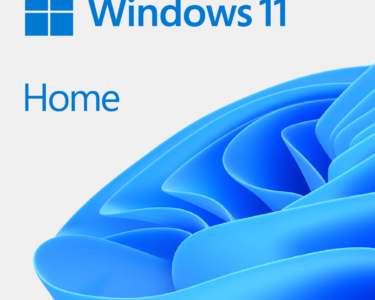A cohort of 11 esteemed nonfiction writers has entered a legal battle at the Manhattan federal court, alleging that OpenAI and Microsoft have improperly utilized their authored works to train various artificial intelligence tools, including OpenAI’s renowned ChatGPT.
Among the group are distinguished Pulitzer Prize recipients Taylor Branch, Stacy Schiff, and Kai Bird, co-authors of the celebrated J. Robert Oppenheimer biography, “American Prometheus,” which inspired the recent hit movie “Oppenheimer.” These authors argue that the companies violated their copyrights by employing their literary creations in the development of OpenAI’s GPT language models.
OpenAI and Microsoft have yet to provide statements in response to these allegations as of Wednesday. Rohit Nath, the legal representative for the writers, emphasized the significance of fair compensation and equitable treatment for authors whose works have contributed to the substantial success of these tech entities.
The lawsuit, spearheaded by writer and Hollywood Reporter editor Julian Sancton, was initiated as a potential class-action lawsuit, aligning with similar legal actions taken by copyright owners like John Grisham, George R.R. Martin, and Jonathan Franzen against OpenAI and other technology corporations. Denying the accusations, the companies refute claims of misusing copyrighted content in their AI training.
This particular lawsuit stands out as the first to implicate Microsoft alongside OpenAI. Microsoft’s substantial investments in the AI startup, as well as the integration of OpenAI’s systems into its own products, have brought the tech giant into the legal fray.
The amended complaint, filed recently, alleges that OpenAI sourced the authors’ materials and other copyrighted content from the internet without proper authorization, utilizing them to instruct its GPT models in responding to human-generated text prompts. Moreover, it asserts Microsoft’s deep involvement in the training and development of these models, thereby holding the company liable for copyright infringement.
Seeking unspecified financial damages, the authors request a court order to cease the infringement of their copyrights by these companies.





